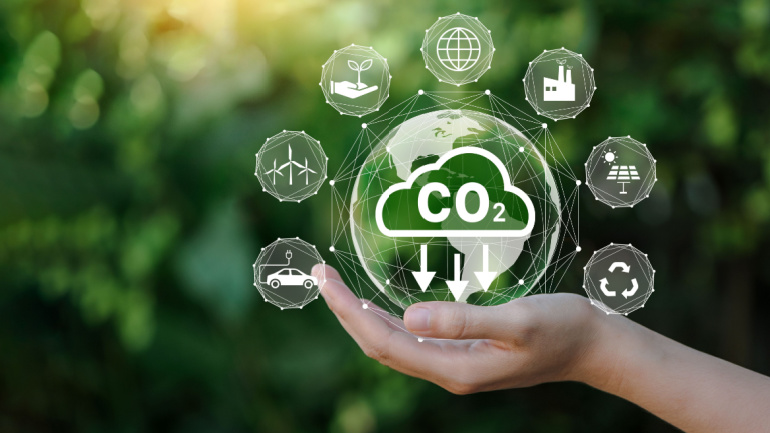European Commission proposes new AI regulations The European Commission is proposing new rules that would allow it to ban any type or deployment of AI that it considers high-risk. The organization also proposes much stricter rules and limitations on the use of biometric data, such as law enforcement using face recognition. Violation of the rules may result in fines of up to 6% of the offending company’s total global turnover. For the biggest tech companies, that sum could reach billions. The commission’s digital chief, Margrethe Vestager, said: “On artificial intelligence, trust is a must, not a nice-to-have.” Read more at: https://tinyurl.com/5e8wcufu Cisco to invest $100 million to combat climate change Cisco has unveiled plans to invest $100 million over the next 10 years to help fight climate change, using the fund in its name for initiatives aimed at reducing emissions and educating communities. Cisco’s efforts will be global, and funding…
Google’s plans to establish a large data centre in Dublin were recently thwarted by the South Dublin County Council, citing energy consumption and environmental impact concerns. The data centre, expected to operate by 2027, faced issues over the strain on the national power grid and insufficient on-site renewable energy, sparking a broader debate about sustainable digital growth.
Google’s new long-term agreement with Energix Renewables underscores the escalating importance of sustainable energy in tech advancements. By supplying 1.5 gigawatt-peak of solar projects by 2030, this partnership aligns with Google’s net-zero emissions goals, ensuring clean energy for their AI-driven data centers and marking a pivotal shift towards greener technology solutions.
NTT Docomo has initiated Japan’s first experimental demonstration of a self-powered hydropower cellular base station. This project, designed to showcase sustainable and low-cost connectivity solutions for rural areas, features a hydroelectric power-generation system utilizing a jet turbine developed by Professor Yukihiro Shimatani from the Prefectural University of Kumamoto.
BT joins forces with UK Business Climate Hub to empower small to medium UK businesses to slash their CO2e emissions in half by 2030. The strategic partnership aims to combat climate change, utilizing BT’s experience and UKBCH’s resources, ultimately championing for net-zero emissions by 2050. However, reaching these transformational green goals may prove challenging for many businesses, highlighting the necessity of this collaborative initiative.
CWCS, a well-established telecommunication company, is amplifying its services through the strategic acquisition of a new site in response to growing customer demands. With an elaborate suite of colocation and cloud services, the company continues to fortify its role as a trusted partner in data hosting.
In a significant move at the Mobile World Congress this year, Orange has taken a step further in its environmental initiatives by enhancing its partnership with Cisco. This collaboration is not new, as Orange Business has been distributing Cisco solutions for over two decades. However, the addition of a Memorandum of Understanding (MoU) brings a fresh focus on environmental transparency and the shared goal of reducing greenhouse gas emissions (GHGs).
The SubOptic Foundation’s latest report shines light on the sustainable potential of subsea telecommunications cables, often underrepresented in sustainability discussions. With a detailed coverage of sustainable practices, the report explores CO2 emissions tracking, renewable energy utilization, recycling strategies and more.
China’s “dual carbon” mandate is reshaping data centers, creating an eco-conscious equilibrium between robust computational power and sustainability. Consider China Mobile’s Hohhot data center, built with Huawei, melding massive computational potential with cutting-edge energy-saving technologies.
Orange Marine continues to assert dominance in the subsea cable industry with the sophisticated ‘Sophie Germain’, an innovative vessel designed for comprehensive undersea cable care. This 100 meter long ship is home to a 450 kW ROV for precise optic cable maintenance. Moreover, it not only enhances connectivity globally, but also makes strides in sustainability by significantly reducing fuel consumption and slashing emissions. Remarkably, in a field with only 60 cable ships worldwide, Orange Marine introduces innovation that may reshape the future of global telecommunications infrastructure.













